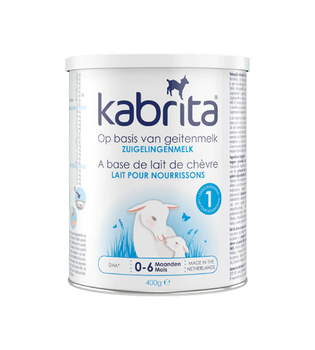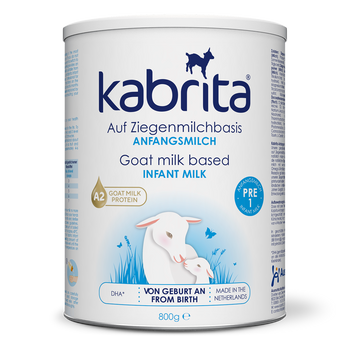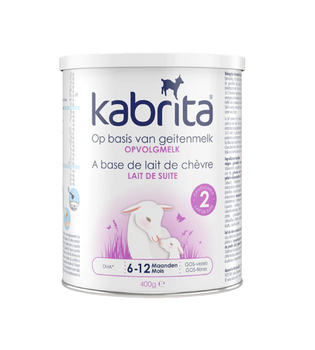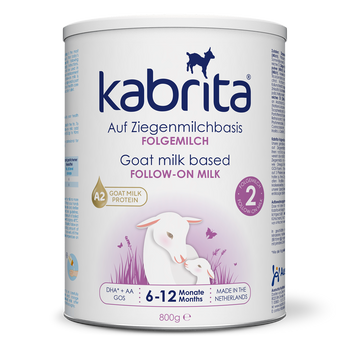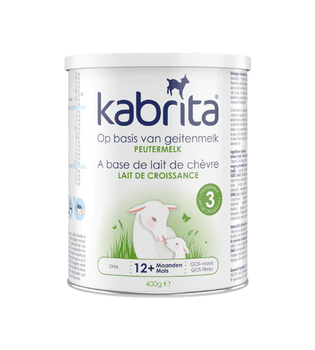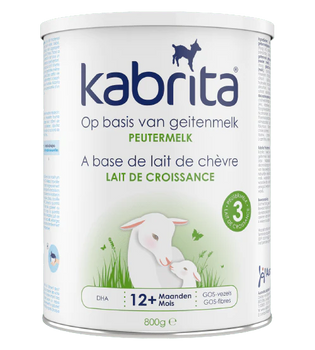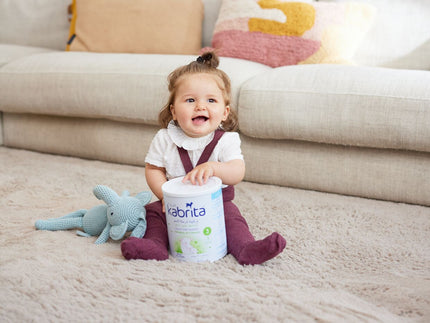Breastfeeding

Advantages of breastfeeding
Breastfeeding is the most natural way to feed your little one. It’s a beautiful way to build a bond between you and your baby that will last for the rest of your lives. But most importantly the nutrients and antibodies in breast milk are perfectly adjusted to your babies needs and actually evolve automatically during the day and over time to ensure your little one gets all the nutrients needed.
Thanks to its unique composition, breast milk can provide protection against illnesses, developing allergies, obesity and boost intelligence. It is packed with disease-fighting substances that protect your baby against illnesses, well beyond the breastfeeding period. It also helps to build a protective layer in your baby’s intestinal tract that prevents undigested proteins to leak through and cause an allergic reaction. Scientific studies have also shown that breast milk may reduce the risk for obesity and could boost your child’s intelligence.
But the decision to breastfeed not only benefits your baby, it also has advantages for you as a mother. Nursing your baby can reduce your stress level and lower the risk of a postpartum depression, because the hormone oxytocin is released which helps to relax. Also nursing may reduce the risk to develop certain types of cancer, like breast and ovarian cancer. And last, but certainly not least nursing your baby could help you to lose pregnancy weight.
Breastfeeding tips
When you decide to breastfeed your baby you can follow the following tips to increase the chance for success:
-
Study breastfeeding before your little one is born
Read books and articles, watch videos and ask friends and family about their experiences with breastfeeding.
-
Consult medical professionals
Ask lactation consultants, nurses and/or midwives for help and advice when you start breastfeeding. They are there for you so make sure to use them.
-
Set the right conditions
Make sure that you are relaxed and comfortable when you breastfeed. Use a pillow or an armrest to position your baby correctly with the nose at the level of the nipple.
-
Latching on
Invoke your baby to latch on by stroking his lips with your nipple. Make sure your little ones mouth is wide open and covers a large part of the areola.
-
Don’t worry about the amount
Your breasts will need time to develop and produce more milk. The first few days you produce colostrum, which is rich in nutrients and antibodies and exactly what your baby needs.
-
Keep track of the progress
Register when you breastfed, for how long and which breast you ended on. This will allow you to follow your baby’s progress.
-
Stimulate a burp after feeding
Help your baby to burp by gently padding him on the back. This will help to prevent discomfort due to surplus gas.
-
Take care of yourself
Breastfeeding is intense, so make sure you take care of yourself. Eat regularly and healthfully and drink enough water and other fluids to keep you hydrated.
These tips will help you with the basics of nursing your baby. Keep in mind that nursing is trickier then you might expect and often hurts in the beginning. There are means available that can ease the discomfort like creams and (hot or cold) compresses for sore nipples.
